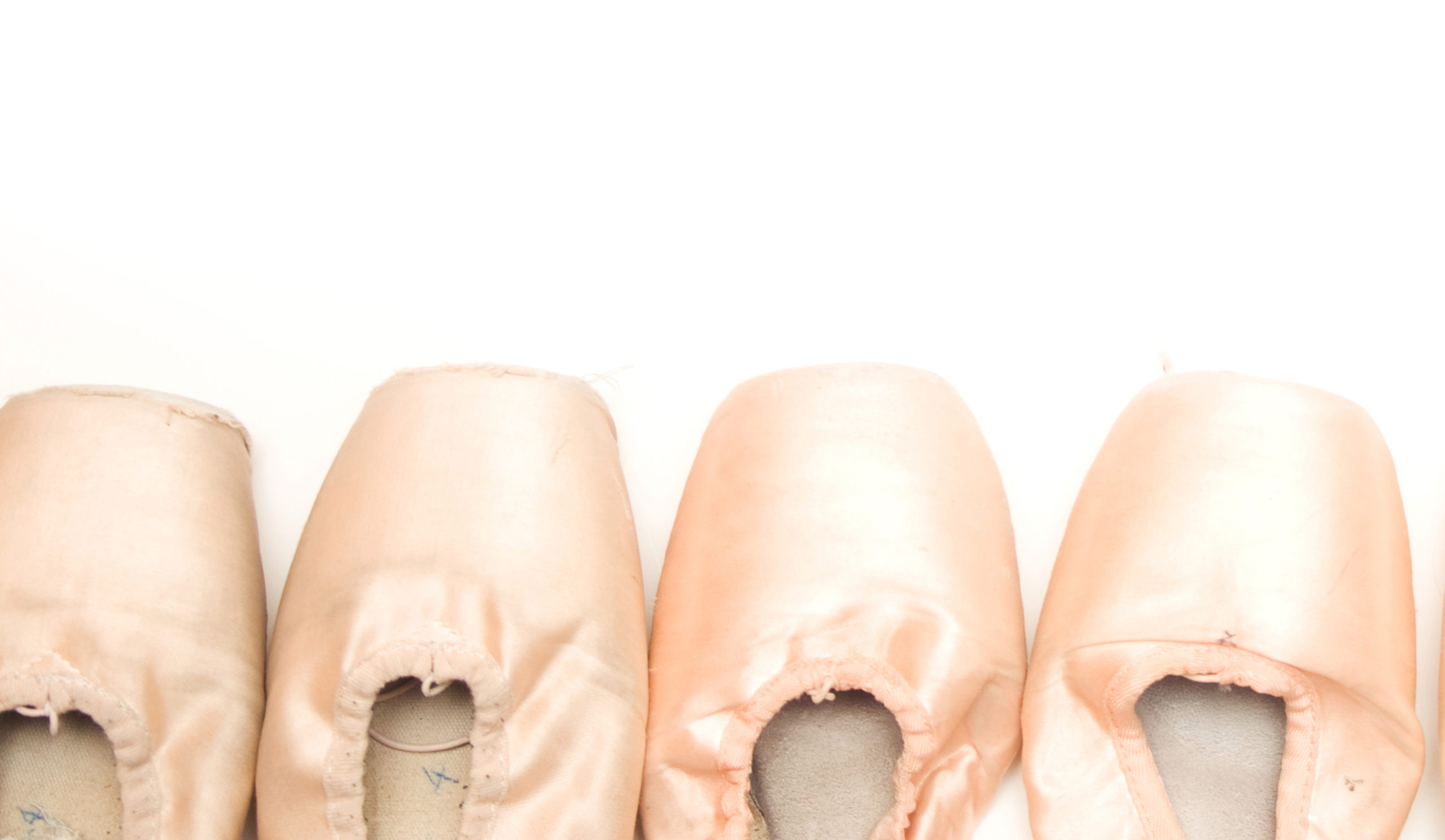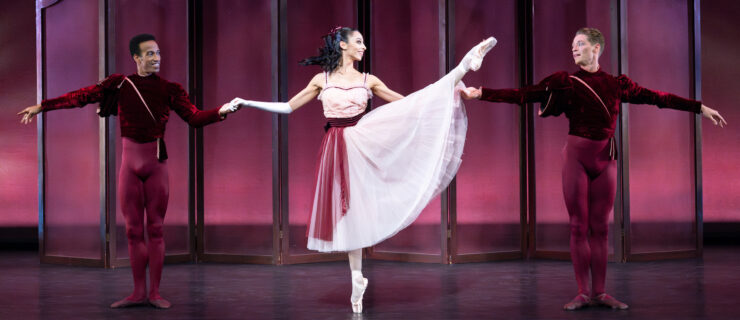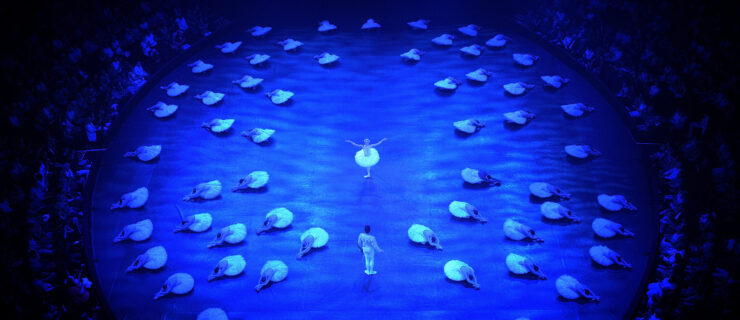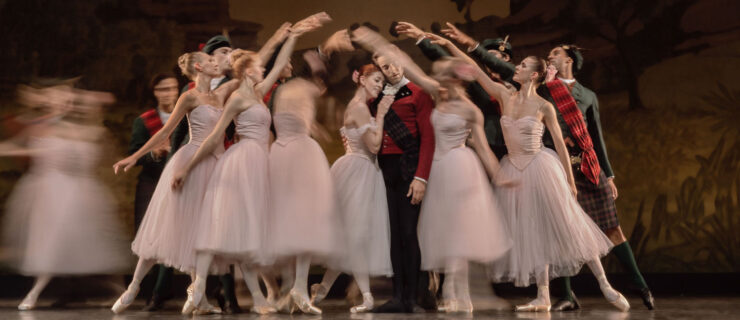Ask Amy: Snap, Crackle, Pop!
When I flex and point my foot, I feel a clicking or shifting sensation in my metatarsals and Achilles. It’s not painful, just uncomfortable. Should I be concerned? —Anne
“Clicks and snaps are extremely common, especially in dancers,” says Dr. William Hamilton, a New York City orthopedic surgeon who specializes in dance medicine. Painless clicks are usually nothing to worry about, he says, while painful ones are a signal that something’s wrong. According to Cynthia McGee Laportilla, Miami City Ballet’s senior physical therapist and dance medicine department director, there could be several reasons for the clicking. Your ankle joint’s ligaments work together with the joint capsule to help hold your foot and ankle bones in place. When ligaments become overstretched, joints can become unstable. Inflamed tendons shifting over bones or other tendons could be another cause, as well as misaligned joints and muscular imbalances or weaknesses.
Even though you aren’t in pain, avoid the temptation to re-create the shifting sensations when you’re not dancing, since it may aggravate your foot. “Then it might start to hurt,” says Hamilton. “Try not to pop it and see if it quiets down—Mother Nature is a great healer if you let her.” Laportilla agrees. “Sometimes problems that start out being just uncomfortable can turn into painful injuries.” Make a mental note about which movements cause your foot to click during class—you may want to limit them so as not to provoke your symptoms. Ask a teacher to watch your technique carefully to pinpoint what might be aggravating your foot. If it still bothers you, get it checked out by a foot and ankle specialist.
The dancers at my school are phenomenal, but instead of feeling inspired I just feel jealous. It’s hurting my dancing, and I hate feeling this way. Help! —Rachel
We’ve all been there—it’s easy to feel jealous of others, especially since ballet is so competitive. But it can chip away at your self-esteem and feed immature behavior. I remember growing very jealous of one of my classmates. She had extensions for days and amazing feet, won full scholarships to all the major summer programs—and was two years younger than me, to boot. When the local paper did a full-page story on her, I shut myself up in my bedroom and burst into tears.
There’s an old saying that’s always helped me in this situation: “If you can’t beat ‘em, join ‘em.” Make an effort to socialize with your classmates to get to know them as people, as opposed to rivals. Once you know someone personally, it’s easier to gain perspective and grow more supportive of each other. (Besides, I bet your colleagues admire qualities in your dancing, too.) When I started offering my classmate rides home after ballet, we gradually opened up to each other. I learned she was not “perfect,” but was struggling with a lot of insecurities. My jealousy softened. I stopped seeing her as a threat (and myself as chopped liver) and gained a wonderful new friend.
While it’s probably not your gut reaction to want to learn from your competitors, there are advantages to being surrounded by phenomenal dancers. Observe—or simply ask—how they approach steps you’re having trouble with. Take note of their artistic nuances. Rather than feeling defeated in the presence of talented dancers, see this as an opportunity to push yourself to a higher level.
Next year, I’ll be competing at Youth America Grand Prix for the first time. What should I expect? Any advice for a new competitor? —Adalhi
I didn’t attend competitions growing up, so I spoke with Pacific Northwest Ballet corps member (and YAGP veteran) Elle Macy. Her advice? Try not to over-rehearse. “I prepared for a year in advance once,” she says, a process which resulted in endless nitpicking, overanalyzing and robotic dancing. “Three to four months should be enough time to prepare your variation.”
More importantly, don’t make competitions all about winning. Instead, try to see them as opportunities for personal growth—an attitude Macy adopted as she gained more experience. “Competing became another way for me to get onstage and gain exposure,” she says. Besides, not winning (or even placing) doesn’t mean you’ll never make it as a professional dancer. “There were times I felt defeated, but I still made it to this point,” says Macy.
Competitions also bring wonderful scholarship opportunities to further your training at major dance schools. But even if you leave empty-handed, you will have had the chance to network with directors, teachers and other dancers—people you may work with someday as a professional.





